The History of British Watchmaking
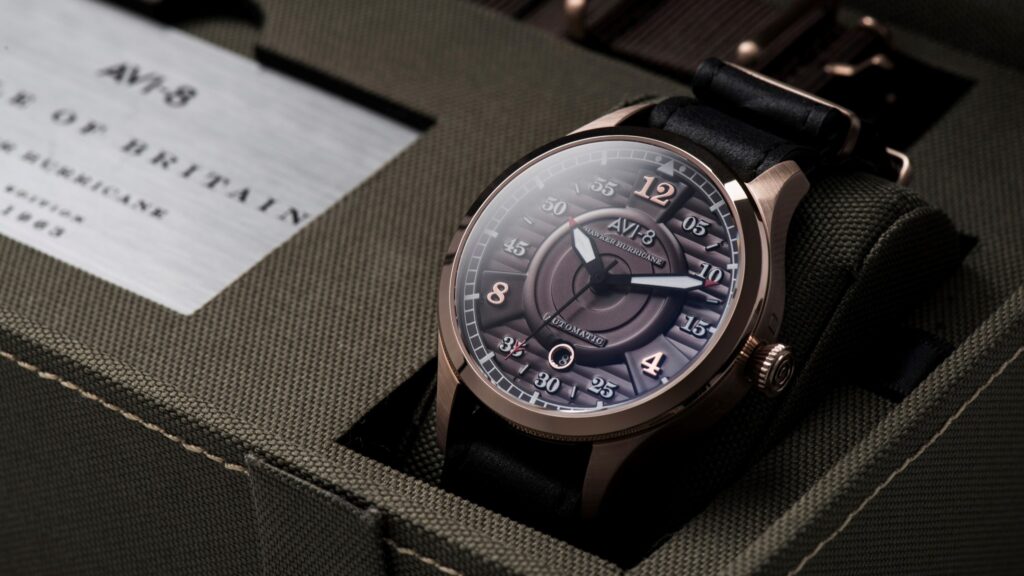
While in today’s time, we are mostly familiar with the quality of Swiss watches, back in the 1800s this wasn’t at all the case. In fact, half of the world’s watches were produced by British watchmakers at the time. This was an astounding 200,000 pieces a year!
But if the British were so great at making watches back in the days, then how come they’re not known for it anymore? And what are some great examples of British watches? Let’s find out!
Actually, from 1650 to 1750, the British watchmaking industry was enormous with continuous advances being made.
British watchmaking has been incremental in many technical advancements. Especially in Europe’s journey to discover the rest of the world. It has actually been a major player in navigating across the oceans. Captain James Cook namely used a British chronometer to help him navigate his journeys to Hawaii, the east coast of Australia and New Zealand.
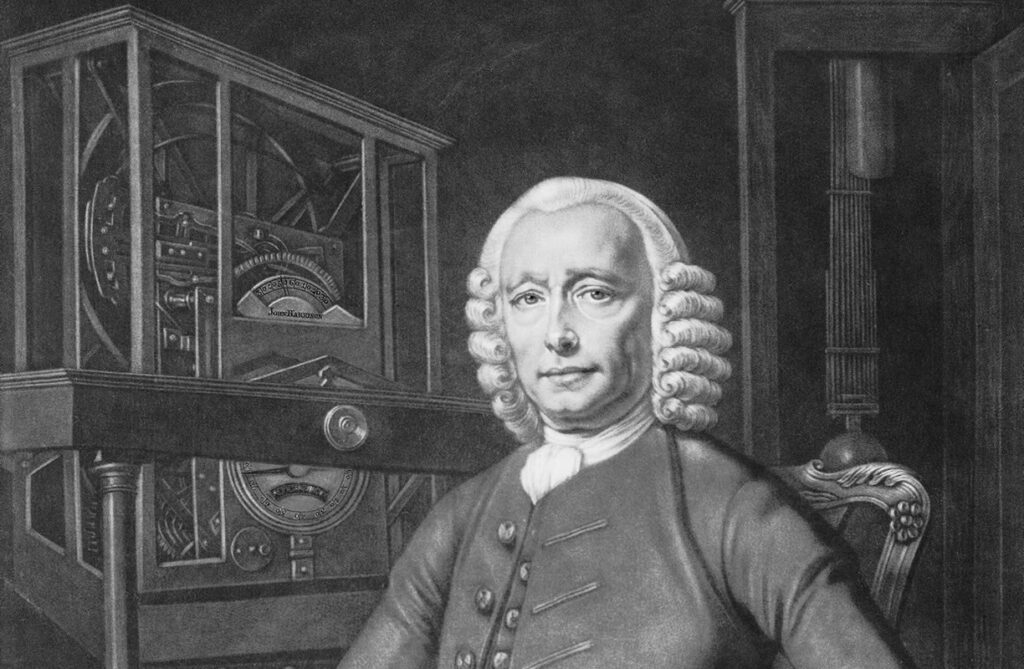
But that is not the only major breakthrough during the time of the British watches. A Yorkshire clock-maker, John Harrison finally figured out how to determine longitude at sea back in 1759. It was tested and found out to be incredibly accurate on two transatlantic journeys in the 1760’s. The value of these marine chronometers was incredible: about a third of the ship’s cost. Because of their high value and high pricing, not all sailors could afford one. That’s why they were shared amongst a group of ships who sailed together.
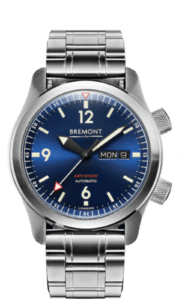
Unfortunately, the 200,000 British watches made per year in the 1800s, had dropped to merely 100,000 only a century later. And no, this is not because the British simply did not care anymore or had dropped the craft of making pristine watches. It actually has to do with Henry Ford – the creator of the Ford cars.
So how do cars fit in this equation you ask? Well, both the United States and Switzerland were more engaged into mass producing, using the Ford car manufacturing process as an example. So, while they were mass producing, the British watchmakers were skilled craftsmen who didn’t want anything to do with these technological advances.
Moreover, the United Kingdom were getting involved in multiple wars, meaning the skills of the watchmakers were actively being used for the creation and development of weaponry and other war machines. So, while the British were busy battling their world wars, Switzerland and the United States kept developing their watches, eventually taking over the British’s expertise.
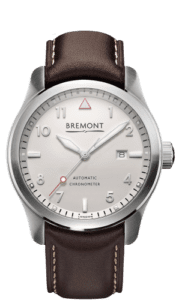
The British watchmaking actually made a small comeback after the end of World War 2, but when the Quartz came, this was quickly crushed.
However, the British innovations in clockmaking are still astounding, with some innovations still being used in today’s watches. This includes innovations from Thomas Tompion, George Graham and Thomas Mudge.
So now we know the history behind British watchmaking, it’s time to discuss the notable and famous brands that we still know today. Because not only Switzerland can make high-quality watches! In fact: the British watchmaking industry is growing again, being described as ‘energetic’. So perhaps we will be seeing much more British watches in the years to come!
Let’s look at three of the most prominent British watch brands we know today.
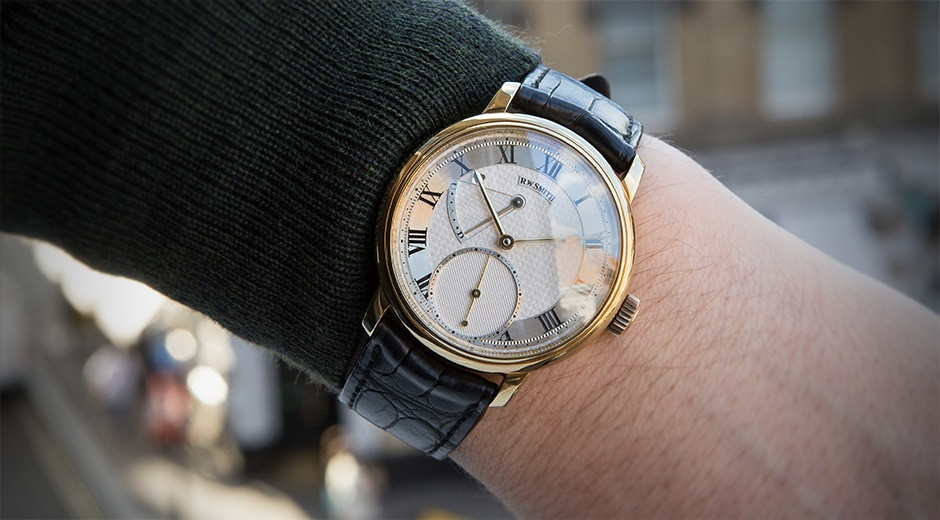
Roger Smith: These mechanical watches are hand-made by one of George Daniel’s (who is actively known as the 20th century’s greatest watchmaker) protégés. These watches are then also made in the master’s old workshop and of incredible quality. There is a waiting list of over two years, as the brand only produces 10 watches every year.
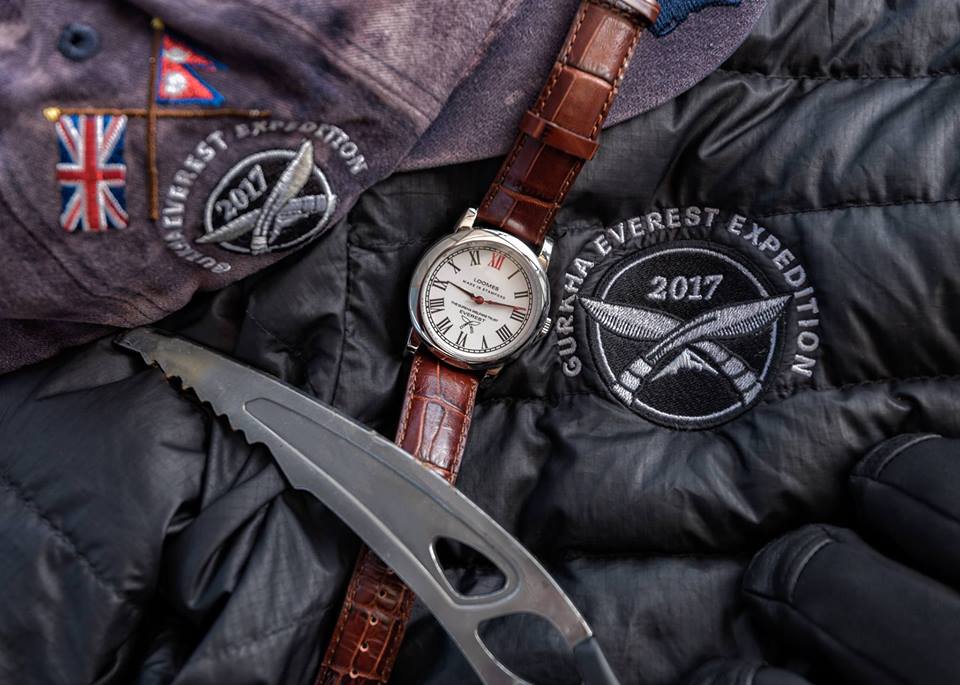
Loomes & Co. – A typically British watch brand, founded by Robert Loomes. Using components from local producers, the brand is an expert in making an incredibly British watch, for which they have actually also won an award, with their ‘Everest’ model.
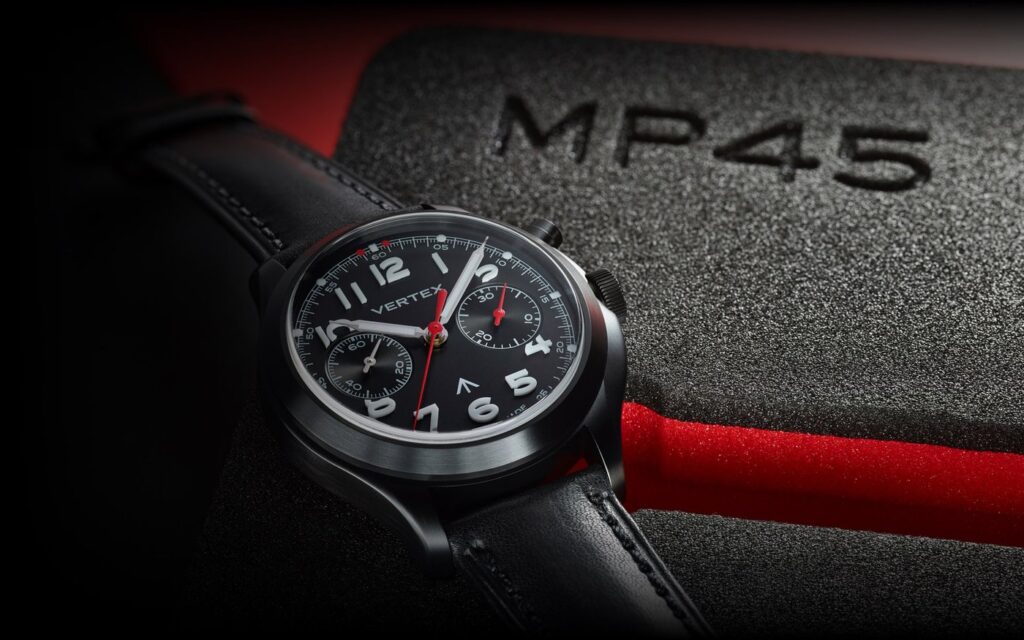
Vertex – Vertex used to be the official watch brand used to be worn by the British military. Unfortunately, being affected by the 1972 Quartz crisis, production on the brand stopped. Thankful for us, the founder’s great grandson relaunched the brand in 2016, focusing on luxury mechanics. They have most definitely not forgotten what they came from, as they keep producing iconic watches of military grade.
These are some incredible watch brands with great backstories. However, the British watchmaking industry is booming with newer brands making their entrance, such as Bremont and Speake-Marin, both founded in 2002 or Christopher Ward, which was founded in 2004.
Or have a look at the G10 model by the Cabot Watch Company – also abbreviated as simply CWC – which is the current watch worn by the British army.
[Closing] So now we know what is happening in the British watchmaking industry. Did you know that the British were once so influential when it came to making watches? It’s unfortunate for them that it ended how it did. But who knows, with the British watchmaking industry booming we might just start to hear more and more about authentic British watches.
Times Ticking has been in operation for more than 30 years, since 1982. We have performed watch repair for customers both locally and internationally. If it Ticks! We KNOW it! Our team of watch repair technicians have a combined experience in watchmaking of over 120 years.

